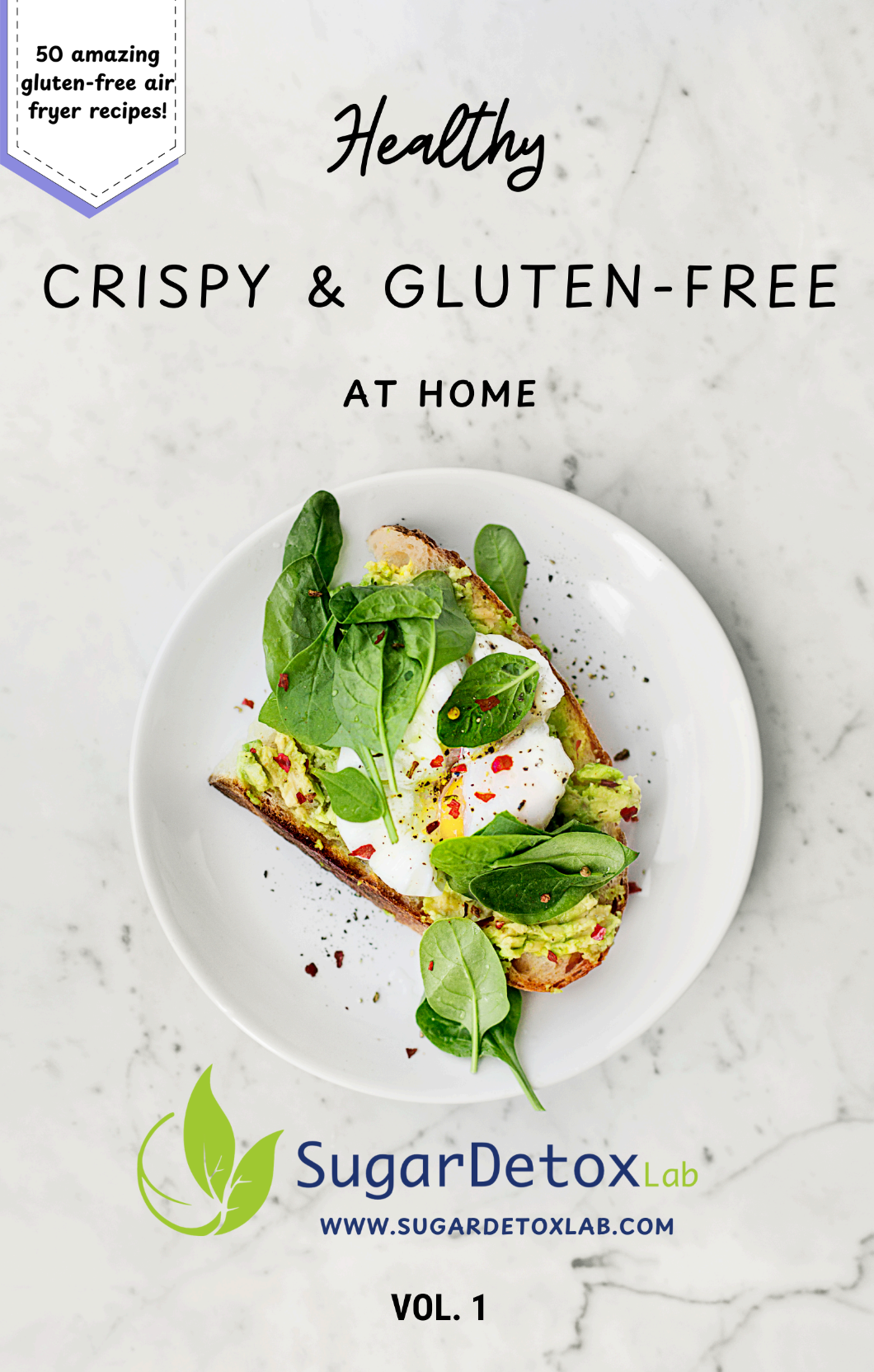The High Cost of Sweet Desire
The journey to quit sugar often begins with a simple, yet powerful, acknowledgment: the irresistible allure of sweetness. It’s a siren song that promises comfort, pleasure, and a momentary escape. However, when this desire is left unchecked, it can take control, leading our appetite to “stand aloof” from our better judgment. This article will guide you on how to quit sugar effectively, not through suffering, but through understanding and strategy.
The overconsumption of sugar is a modern form of gluttony, a surfeit of sweetness that paradoxically brings a “deepest loathing to the stomach.” This indulgence, as research increasingly shows, can lead to a host of health problems, from obesity and type 2 diabetes to heart disease and inflammation [1, 2]. The promise of this guide is not to endure endless torment, but to exchange that “torture” for “ease.” The path to freedom from sugar involves mastering the physical cravings through reason and a well-thought-out plan. This article offers the “physic,” the healing remedy, and the blueprint for achieving that mastery, so that once the “bitter past” of withdrawal is endured, a more welcome and sustainable sweetness can be found in a healthier life.

The Psychological Battle: Mastering the Mind’s Weakness
The Tyranny of Unruly Appetite
The drive for sugary indulgence can feel like an “unruly will,” a fierce, consuming fire within us. This powerful internal force, often linked to a lack of self-control, can feel as though it enslaves us, driving us to make choices that we know are not in our best interest. This reliance on sugar highlights the inherent “frailty” of human nature, where our impulses can lead to “preposterous conclusions” about what we need to feel good. The science behind this is clear: sugar activates the dopamine reward system in our brains, creating a cycle of craving and reward that can be difficult to break [3].
Reason, the General of the Mind
True strength in the journey to quit sugar comes not from brute force, but from employing “Reason” as the “marshal to my will.” Our minds must learn to overcome the impulsive, “hot-blooded” desires that lead us to the sugar jar. To quit sugar is to cease being “passion’s slave.” When our will is “deaf and hears no heedful friends,” in this case, the voice of reason and the signals from our body, disaster is inevitable. We become “vanquish’d” by our own appetite. The wise person avoids the tendency to “flatter” their own weaknesses, recognizing that self-deception only prolongs the misery of the sugar-crash cycle.
Patience and Gradual Change
Hasty or “violent swiftness” in changing habits often causes us to “lose by over-running.” Acting rashly, without a plan, can lead to a quick relapse. Instead of immediate, drastic action, the “sullen passage of thy weary steps” must be endured with “patience.” The journey to quit sugar is a marathon, not a sprint. A strategy of slow, firm resistance is far more effective than the immediate “ecstasy” of impulsive indulgence. The end result of this steady effort is that bad habits turn into good habits, as “use almost can change the stamp of nature.”
Practical Example: Instead of eliminating all sugar at once, start by cutting out sugary drinks for one week. The following week, focus on reducing sugary snacks. This gradual approach allows your body and mind to adapt, making the change more sustainable.
Call to Action: Ready to take the first step? Try our 7-day no-sugar challenge! For one week, commit to eliminating all added sugars from your diet. Track your progress and notice how you feel. You might be surprised by the results!

Nutritional Foundations: Purging the Humors
Sickness and the Need for Physic
Excessive sugar consumption is directly linked to illness. “Full surfeits” and “gluttony” make us “sick of welfare.” Sugar addiction can be viewed as a “disease” that must be “cured.” The best response to this physical corruption is “physic,” a deliberate and healing change in our consumption habits. The idea of “purging” is both literal and metaphorical: we seek to “purge [the body] to a sound and pristine health.” Even a bitter remedy, like the initial discomfort of sugar withdrawal, can serve a “sweet end.”
The Diet of Restraint and Health
To successfully quit sugar, it is essential to replace highly refined and processed foods, which resemble “dainty bits” or “gilded loam,” with simpler, more wholesome sustenance. The goal is to maintain health and “temperance,” a stark contrast to a body that is a “stuffed cloak-bag of guts” suffering from the consequences of indulgence. Fasting or intermittent restraint can be a necessary component of this correction. For example, a 12-hour overnight fast can help reset your body’s insulin sensitivity.
Practical Example: Swap your morning pastry for a bowl of oatmeal with fresh berries. Instead of a candy bar for an afternoon snack, reach for a handful of almonds or an apple. These small changes provide your body with the nutrients it needs without the sugar spike.
Avoiding the Infection of Taint
Our minds and bodies are susceptible to what we ingest. The admonition to “eat no onions nor garlic, for we are to utter sweet breath” can be seen as a metaphor for choosing foods that nourish us, rather than those that lead to poor health. The consequences of poor dietary choices are severe. To quit sugar for good, we must choose “wholesome food,” recognizing that while even some flowers contain poison, proper application can turn “vice sometimes by action dignified.”

Long-Term Victory: Cultivating Lasting Habits
Protecting Your Gains
Achieving the initial victory over sugar is “nothing” if safety and longevity are not maintained. Just as moral character can be restored when faults are removed, so too can physical health be ensured by maintaining a clear path. It is crucial to guard against the “slippery ground” of old habits and companions who embody former indulgences. Those who are not “honest” in their dealings with their own health may “betray” you back into old patterns.
The Danger of Idleness and False Comforts
“Idleness” breeds corruption. The person who has successfully quit sugar must remain vigilant, as “security gives way to conspiracy.” Beware of companions or environments that offer tempting “flatteries” or false comforts. Relying on such “idleness” can hatch “ten thousand harms.” Instead of seeking premature comforts, focus on the necessary self-improvement: “Thy time is spent, our pilgrimage must be.”
Finding Peace and Contentment
The true reward of mastering your appetite is not external wealth, but profound internal peace. Happiness lies in “contented hap,” where one is “well satisfied.” The wise individual chooses stability: “Willing misery / Outlives uncertain pomp, is crown’d before.” This control leads to a new “health” that outlasts temporary pleasure. “Gold that’s put to use more gold begets,” meaning virtue generates lasting virtue, proving you are “new made when thou art old.”

Embrace the Right Path
The journey to quit sugar is a testament to the power of human will. The world continually tempts us, but it is “in ourselves, that we are underlings.” Your life is not a “dream of friendship” or a “worthless fantasy,” but a real journey requiring firm resolution. Choose to reject the sugar that makes “flesh and blood” vile. The end of this effort is freedom and nobility. By committing to this transformation, you ensure your health and dignity are preserved, so that your mind and honor stand “untainted” and “clear.” The suffering endured will grant “a goodly form” to your life.
References
[1] Avena, N. M., Rada, P., & Hoebel, B. G. (2007). Evidence for sugar addiction: Behavioral and neurochemical effects of intermittent, excessive sugar intake. Neuroscience & Biobehavioral Reviews, 32(1), 20–39. https://pmc.ncbi.nlm.nih.gov/articles/PMC2235907/
[2] Harvard Health Publishing. (2022). The sweet danger of sugar. https://www.health.harvard.edu/heart-health/the-sweet-danger-of-sugar
[3] Dartmouth-Health. (2025). What Sugar Does to Your Body. https://www.dartmouth-health.org/articles/what-sugar-does-your-body






